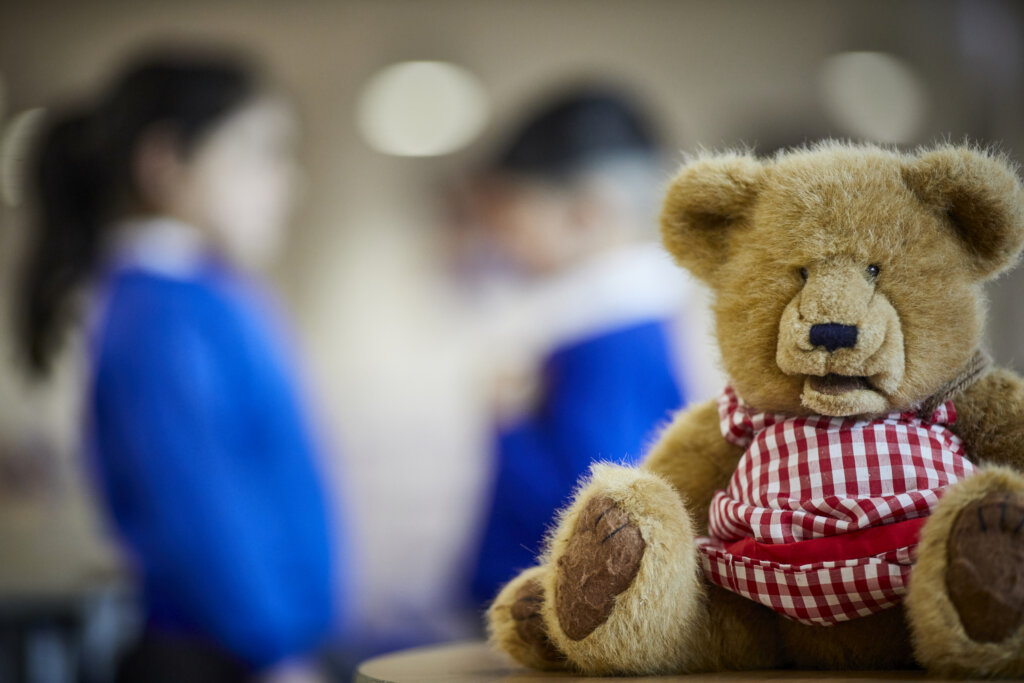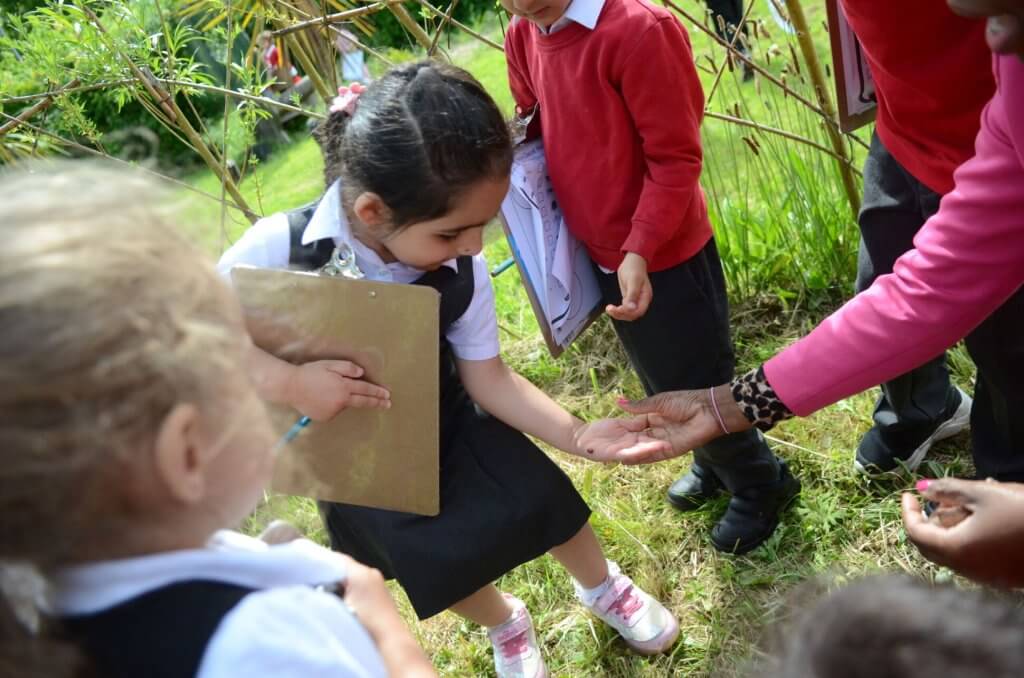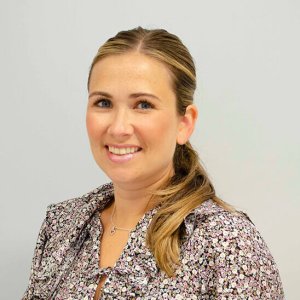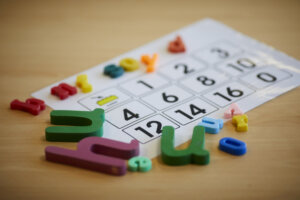School leaders, parents, Ofsted, and most importantly, the children, recognise the incredible role that adults play in supporting a child’s early development – but how do we make sure we are getting it right?
How do we know when it is right to step into a child’s play? What important information should we be gathering from our observations? What are we expecting the team to do within a day?
This blog will give you an insight into the vital role adults play, guiding you to reflect on the team’s current roles and make sure that spending time with the children is at the heart of your approach!
We have the freedom to create our own goals and expectations of what effective adult interactions look like in our environments. EYFS experts have always understood the essential role that adults play in supporting a child’s development. However, demands and expectations of the early years sector have changed over the years. At one time, many staff found they were spending more and more time away from the buzz and excitement of the environment, instead focusing on bureaucratic tasks, gathering copious amounts of paperwork evidence, and carrying out interventions without the time to understand how to support a child on their learning pathway.
Thankfully, expectations have now shifted to adults being actively involved in interactions with children and purposefully reducing the amount of evidence needed. We need to make sure that this message is being filtered through and having a direct impact on the wellbeing of all staff in our early years.
Everybody is talking about the role of the adult – why?
Following the reforms to the EYFS Framework in 2021, the role of the adult was reviewed. As a result, the framework clarifies that assessment should not entail prolonged breaks from interaction with children, nor require excessive paperwork. The DfE and Ofsted are now clear in their message that they want to see adults interacting with children to move their learning on; using their professional judgement and knowledge of child development to make accurate assessments and plan subsequent teaching, learning, and effective environments.
This has left schools and settings liberated, but also in limbo about how this looks in practice. Two years since the changes were first introduced, now is a great time to reflect on the shifting role of the adult and whether we are getting the balance right. What’s working? What’s not? What lessons have we learnt?
The privileged role – developing a connection
The role of the adult in early years, and throughout education, is special – an opportunity to nurture a child’s development and future education so that they can flourish and thrive. The significance of our connections with young children cannot be underestimated; supporting their overall sense of belonging and belief in their abilities to achieve and be successful. Dr Brené Brown writes in her book, Atlas of the Heart:
“Connection is the energy that exists between people when they feel seen, heard and valued; when they can give and receive without judgement; and when they derive sustenance and strength from the relationship.”
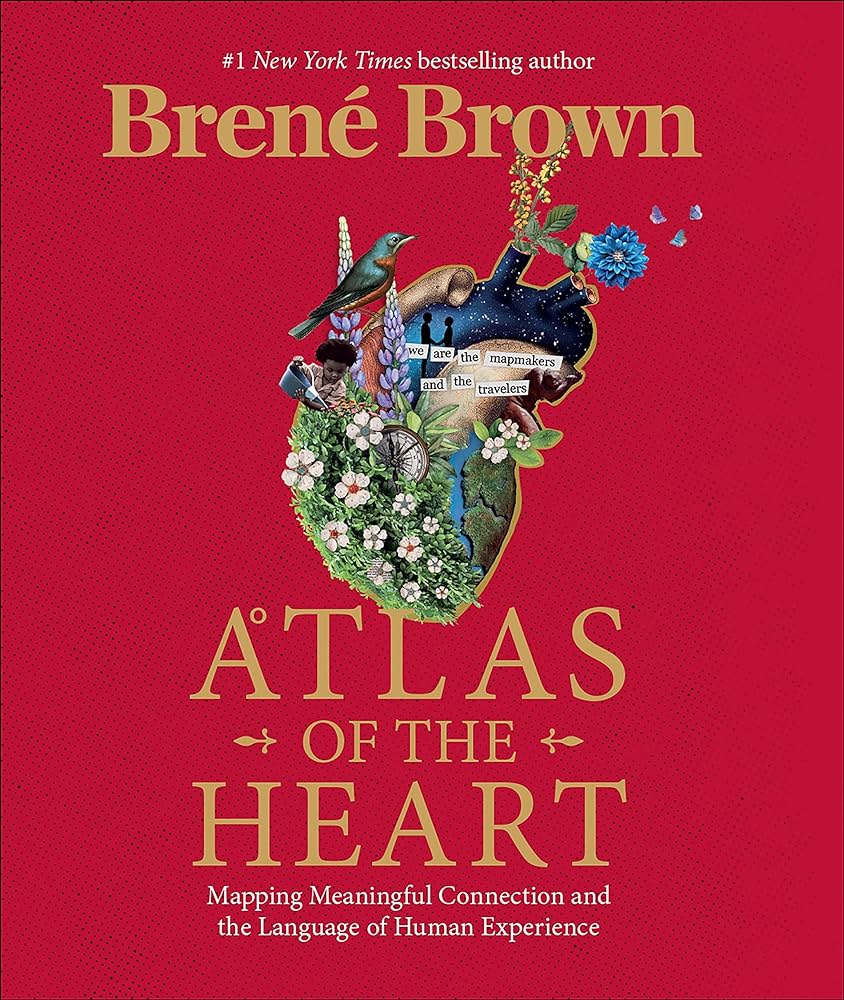
Now, this is a goal for all relationships in life, but let’s reflect on what this means in the early years’ environment. Development Matters and Birth to 5 Matters reference the importance of fostering positive relationships and the impact this has on the overall development of a child. Both documents explore how this is built on mutual understanding and respect. So, when we think about Dr Brown’s statement, we need to reflect deeply upon our role as the adult:
Are we ensuring all young children feel seen, heard and valued without judgement? Without preconceived ideas and expectations for how children should be playing, learning and developing?
Are we being open-minded, stepping back and asking ourselves, “what does this tell me?”
Can we use this information – centred on the child – to adapt our environment and approaches to teaching?
Reaching the goal of deep connection and mutual learning from one another takes time. It requires a shift in the way of thinking that the adult’s role is not to just impart the knowledge and wisdom onto the child. To achieve this and bring the best out of the adults who work in your EYFS team, consider the few simple steps below that can be taken on your journey to improving the role of adults in your team.
Are we striking the balance right – where to begin?
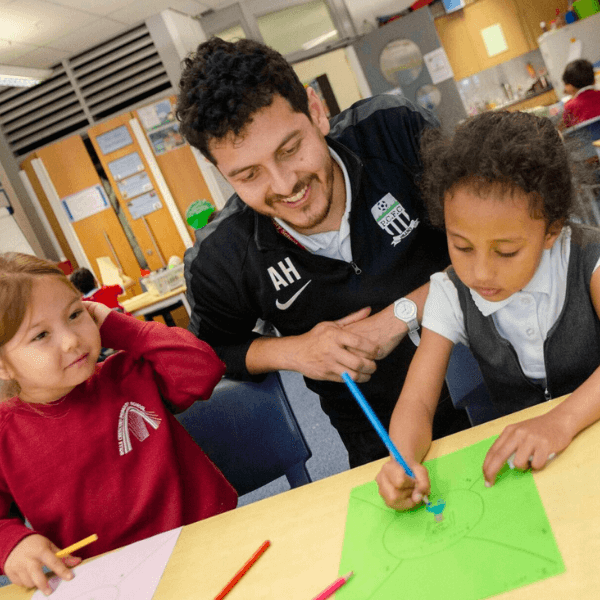
Reflect on the team!
Start by reviewing the role of the adults in your team.
What are they spending their time doing in the day? How much experience and knowledge do they have around child development? Has this knowledge evolved and changed as we have learnt more about how children learn?
You can do this as leaders and as part of your monitoring schedule, but it is also worthwhile to involve the EYFS team in this self-evaluation. This will allow you to gain a wonderful insight into your team’s strengths and areas for development, giving you a starting point for future CPD, training, and monitoring cycles.
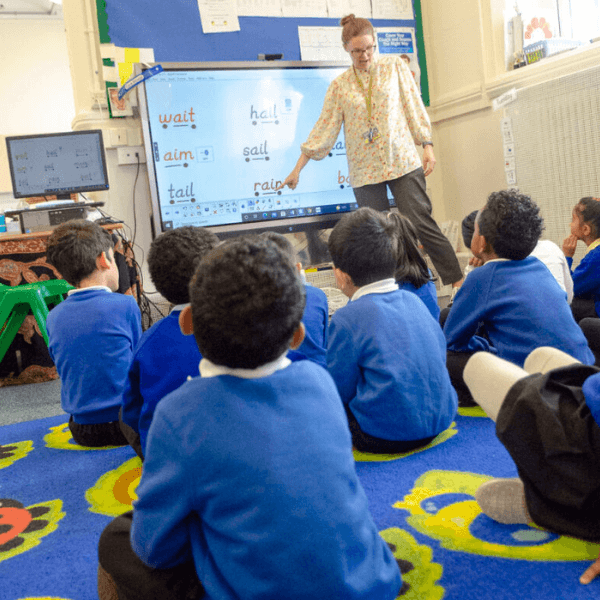
Experience and evolving practice
Throughout the guidance and documentation, the DfE and Ofsted calls on staff to use their professional knowledge and judgement of the child’s development. This requires a high level of skill, knowledge, and experience in early childhood development to make accurate assessments and support the holistic development of the child.
This means that early years practitioners are required to keep up-to-date with latest research and best practice, in addition to carrying out their day-to-day role in the classroom or setting. This can be a difficult balance to get right without adding to the workload burden. This might result in a team who have worked in the sector for many years, but have minimal investment in CPD. Alternatively, EYFS practitioners might be brimming with knowledge, but lack the experience of putting theory into practice. The ideal team will be a blend of both, with the willingness and desire to learn from one another.
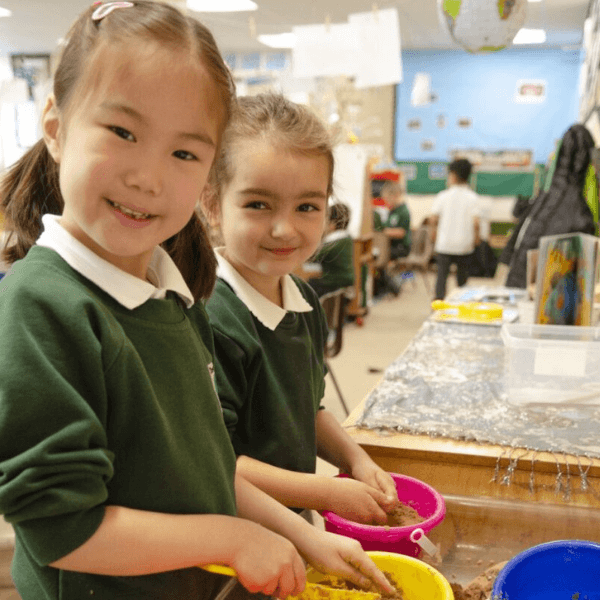
Timetable the team
This isn’t as restrictive as it may appear, but rather a guide to ensure that each member of the team has opportunities to fulfil different roles throughout the day. From the practicalities of supervision, restocking resources, and changing reading books to the fundamentals of being immersed in provision, interacting with the children, developing provision, playing, assessing, and supporting vital learning – involve the whole team in this process. Consider who is doing what and, most importantly, the impact this is having on the children’s development. When you evaluate the timetables, consider how much of an adult’s time is spent in the environment.
Is too much time taken up with preparing resources during continuous provision? How long is spent on capturing moments rather than being present in these moments? Do all practitioners have the opportunities to fulfil different roles in the day?
A variety of experiences and perspectives allow for a more well-rounded and evaluative environment. Importantly, all staff will feel seen, heard, and valued with their contributions taken on board.
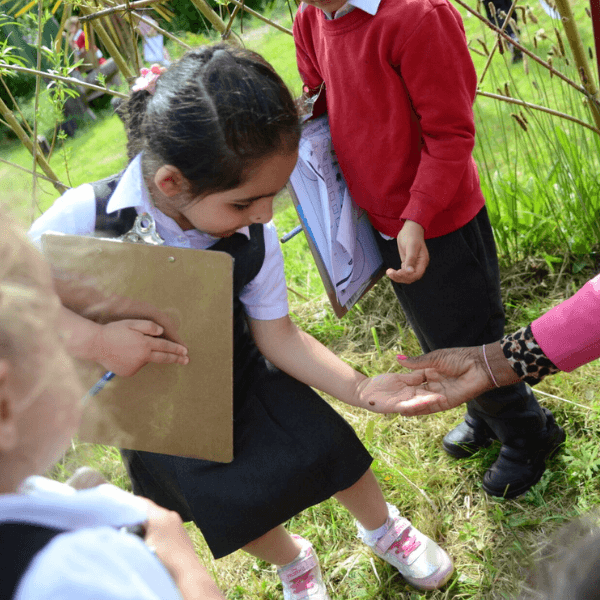
Carefully map out your CPD to reflect your team’s needs
CPD should always align to the setting’s vision and values, often deriving from the development plan. This needs careful consideration depending on your team’s level of experience in early years. As mentioned above, this will come from your reflection on your current staff and specific priorities – some of this may be a whole team approach whilst others may need more specific and targeted areas of focus. The EEF have created an excellent template to use – Professional Development Conversation Cycle and access to some wonderful free CPD under the Early Years Evidence Store – which is due to grow and expand the number of themes it offers.
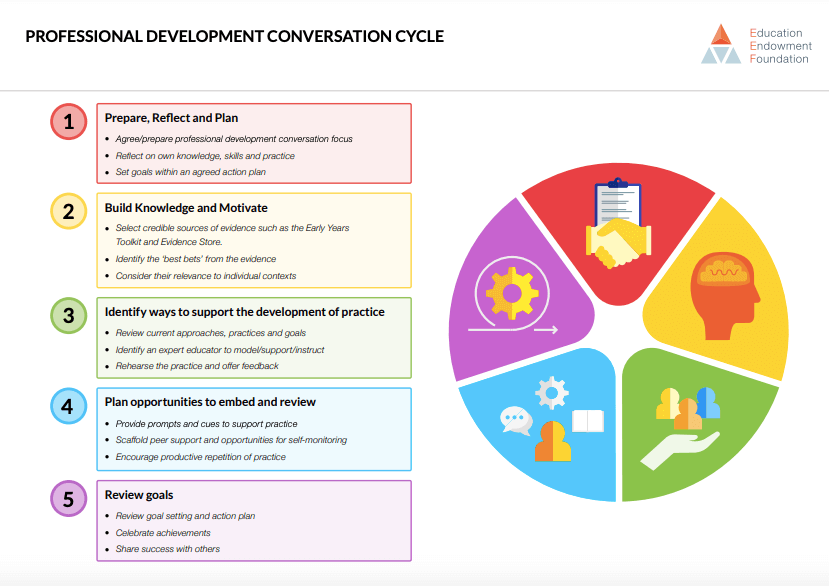
In addition, the DfE is continuing to add to the bank of training and resources through its Help for early years providers. Remember, it is crucial not to overload or bombard your team with too much information all at once. It needs to be specific and targeted to your setting and, most importantly, it needs to address what will have the greatest impact on outcomes for all children. This will likely change over the course of the year and with different cohorts of children, therefore the CPD schedule will also adapt and change.
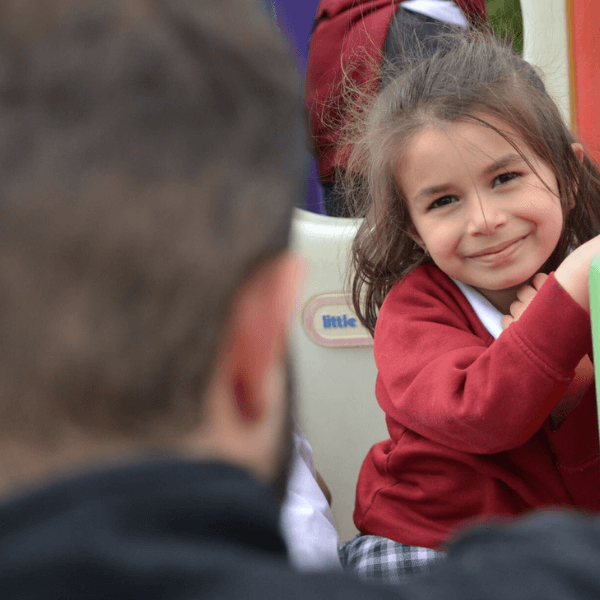
Balancing act – in-the moment vs pre-planned
Now this is like a fine art; it will take time and trialling to get the balance right, but a highly effective team can successfully master the tightrope. Again, as mentioned above, this can only happen when the team has the right level of knowledge, skills and understanding on how to deliver the curriculum in a way which is centred around the child’s individual interests and needs.
Arguably, in-the-moment planning takes a high level of experience and skill to know how to effectively move children’s learning on, whilst following the principles of seeing, hearing and valuing a child’s direction of play. However, pre-planned is essential to ensure that assessments identify gaps in children’s skills and knowledge, and subsequently plan for progression, challenge, and offer clear guidance, consistency and structure. So, the skill comes in knowing how to balance both.
This returns to investing in high-quality CPD, mentoring, and coaching to support the upskilling of the team to achieve both successfully. As leaders, you may need to initially guide the team explicitly with prompts and scripts; then encourage them to create their own versions and, in turn, the reliance of such documents will diminish as the team grows in confidence and experience.
Access our free resource for developing high-quality interactions in the home corner.
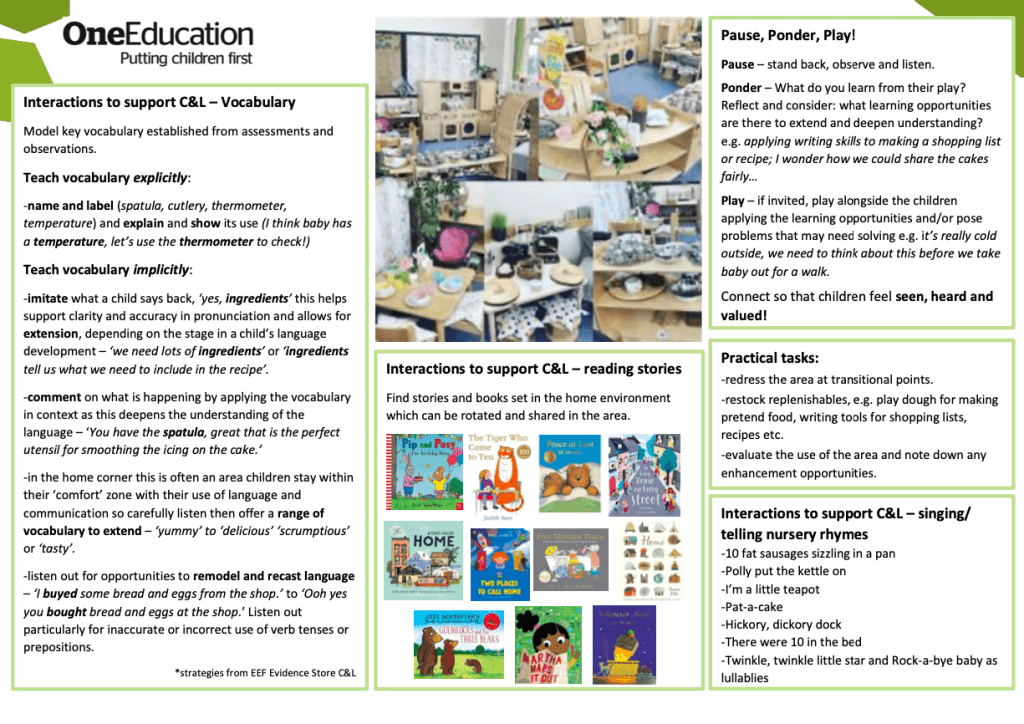
This blog poses some questions for discussion but it only touches the surface of considerations in enabling adults in EYFS. If you want to delve deeper into the role of the adult and how to get the best out of your EYFS team, then send your EYFS Leader or any of your EYFS staff on our training course – The Role of the Adult.
This is a fantastic opportunity to develop subject knowledge around child development, specifically in communication and language and the key role adult interactions play in supporting this, along with more helpful and practical tips to being more present and involved in children’s play – and lots more free resources to take away!
Please complete the form below and we will get in contact as soon as we can to help you with your query.







